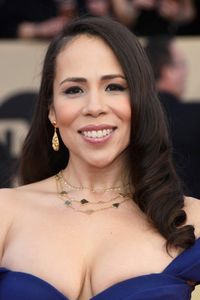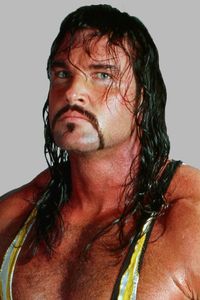Camus began his academic journey by studying Law, but his interests soon shifted, and he enrolled in the IIEC (now EOC) in 1956, where he earned a director's diploma in 1963 after producing the training film El borracho in 1962. This marked the beginning of his career as a professor and filmmaker, as he went on to work with renowned director Carlos Saura on several screenplays during the early 1960s, including The Delinquents and Llanto por un bandido. Camus also directed several shorts and feature films, including Los farsantes and Young Sánchez, the latter of which won the Best Film Award at the Buenos Aires Film Festival in 1964.
Over the course of his three-decade-long filmography, Camus demonstrated his versatility as a filmmaker by creating a diverse range of works, from romantic comedies and musicals to prestigious adaptations of famous novels. His notable adaptations include the TV series Fortunata y Jacinta and the film La colmena, which won the Golden Bear Award at the Berlin Film Festival. In 1983, Camus received the prestigious 'Medalla de Oro de las Bellas Artes' (Arts Gold Medal),and in 1984, he directed his most successful work, The Holy Innocents, an adaptation of Miguel Delibes' novel, which won several awards, including the Best Actor Award at the Cannes Film Festival.
Camus's filmography also showcases his ability to tell more personal stories, often exploring lesser-known themes. Examples of this include Con el viento solano, Los pájaros de Baden-Baden, and Los días del pasado. In the 1990s, he continued to work with renowned actors and tell dramatic stories about complex characters living rebel or broken lives, or experimenting with genres like noir. Some notable films from this period include La rusa, Después del sueño, Sombras en una batalla, and Adosados, which won the International Critic Award.
In his personal life, Camus was married to Concha Bergareche from 1961 until her passing in 2016. Together, they had seven children.


















